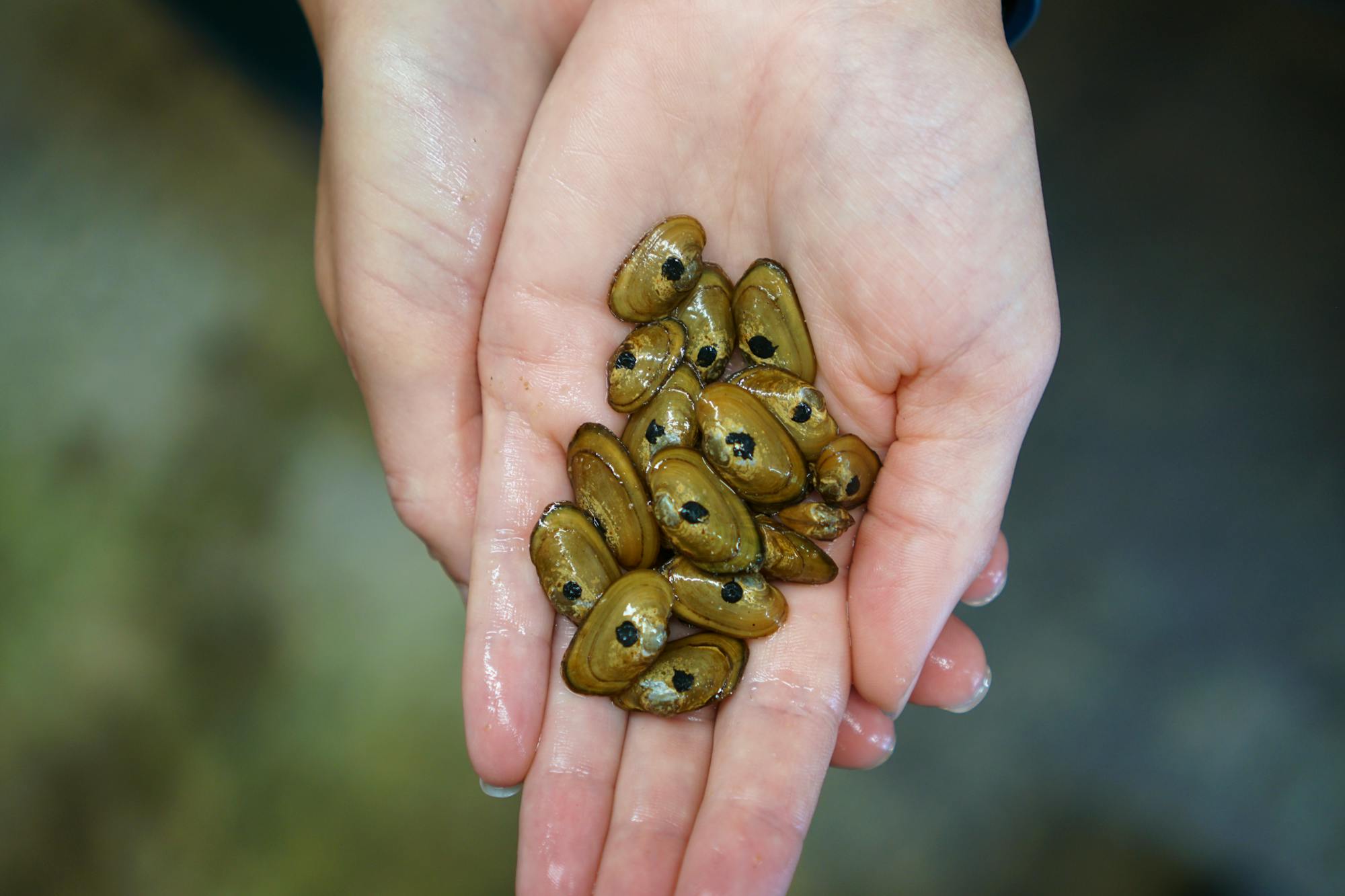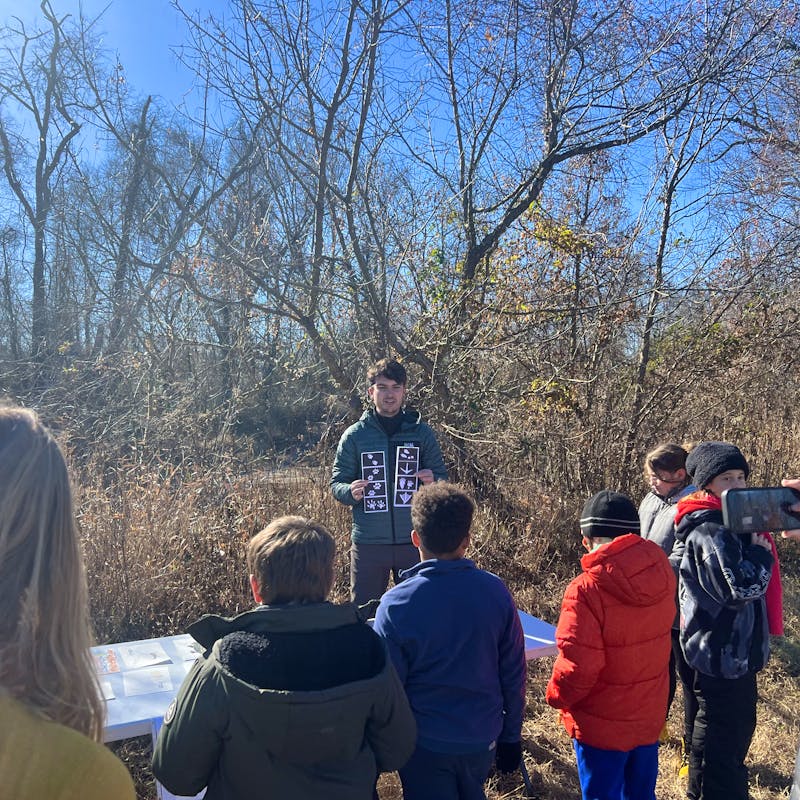Join our mobile Rapid Response Network!
You can be the first to hear about how we’re going to hold the next administration accountable and how you can fight back for wildlife!
With names like Carolina heelsplitter, dwarf wedgemussel, Appalachian monkeyface, Atlantic pigtoe, Appalachian elktoe, wavy-rayed lampmussel and pistolgrips, mussels are an interesting testament to the sometimes-bizarre imaginations of those who coined the terms, primarily fishermen who harvested them for a thriving pearl button industry.
It was this industry that first really wreaked havoc on mussel populations. A single mussel can filter 20 gallons of water per day and because of their status as filter-feeders, mussels are reliable indicators of water quality. They are also an important food source for many other species, such as otters, raccoons, herons, egrets and some fish.
Mussels have continued to decline drastically because they can’t tolerate changes in water quality resulting from pollution, sediment and even remnants of pharmaceutical drugs that end up in wastewater. They also suffer from the introduction of non-native species, dams blocking movement of mussels and fish they rely on and climate change warming the waters.
Despite protection for at least 70 mussels under the Endangered Species Act, many species have not been seen for years. Another 180 species are identified as imperiled or vulnerable, making freshwater mussels one of the most endangered groups of animals in North America.

Defenders' Impact
Defenders is fighting for clean water protections throughout the country, and especially in the Southeast, which is a hotspot of freshwater biodiversity. We are bringing enforcement lawsuits against polluters for illegally discharging pollutants from coal ash landfills and other point-source pollution.
Defenders is engaged in litigation to retain the protections of the Waters of the United States (WOTUS) Rule after the Trump administration reversed the rule.
Defenders is also a member of several coalitions and partnerships throughout the Southeast to protect and restore the health of streams and rivers for all freshwater wildlife.
What You Can Do
Limit pesticide use and help control erosion by planting trees and other plants to keep water clean. Make sure to clean boats, trailers and motors to help prevent the spread of invasive species like zebra mussels.

About
Freshwater mussels are found in every state except Hawaii, with the majority of their diversity concentrated in the Mississippi River basin and east in the Southern Appalachians. They live in lakes, streams, creeks and rivers.
North America once boasted some 300 species of freshwater mussels, but as a result of land development, over-harvesting and chronic pollution over the last 200 years, 38 mussel species are already thought to be extinct and another 77 are considered imperiled.
Mussels rarely move, growing at the bottom of lakes and rivers, on rocks and stationary docks.
Since mussels rarely move, males release sperm directly into the water and females draw it from the water to fertilize their eggs. After brooding the eggs, the female releases the larvae either in the same year or the spring of the following year. Mussels go through a parasite phase as larvae where they attach to a fish host and then complete metamorphosis in their juvenile stage before taking up a sedentary life.
Mussels are filter-feeders, straining the water for phytoplankton, diatoms and other microorganisms.
News

Trump Administration Finalizes Irresponsible, Dangerous Waters of the U.S. Rule
Freshwater Mussels Blog Posts









